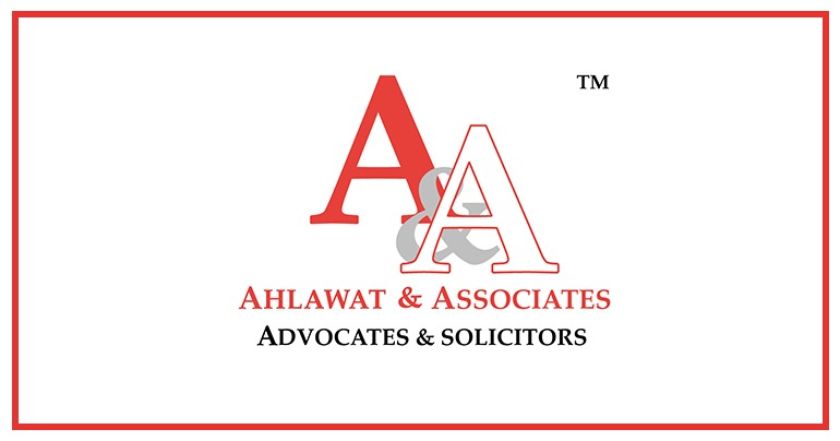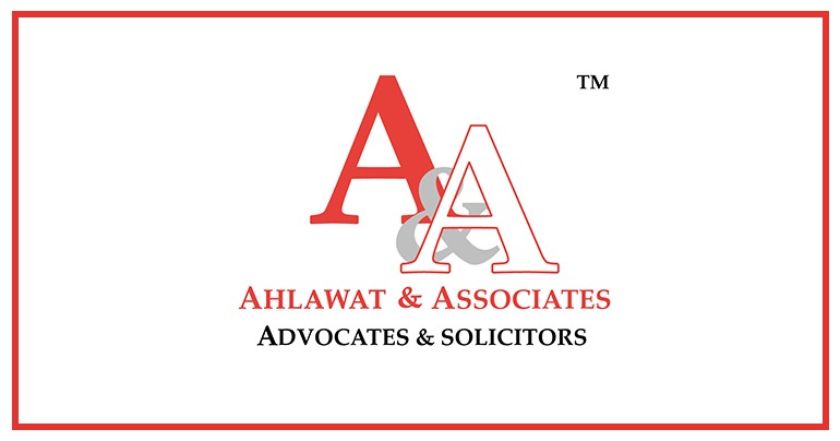
 A&A
A&A
 August 5, 2022
August 5, 2022
On July 27, 2022, the Supreme Court (through J. AM Khanwilkar, J. Dinesh Maheshwari and J. CT Ravi Kumar) in the matter of Vijay Madanlal Choudhary v Union of India[1], upheld the provisions of the Prevention of Money Laundering Act (“PMLA”).
A total of 241 petitions were pending before the Supreme Court challenging the validity and interpretation of certain provisions under the PMLA. The petitions further disputed the procedures followed by the Enforcement Directorate for its investigations (as prescribed by the PMLA) as punitive since the said provisions violate the Constitution of India.
The Supreme Court, while scrutinizing the validity of certain provision under the PMLA, thoroughly examined and analyzed the following provisions - Section 3 (offence of money laundering); Section 5 (Attachment of property involved in money laundering); Section 8, sub- section 4 (taking possession of property upon authorization of Director); Section 17 (Search and Seizure); Section 18 ( search of persons); Section 19 (Powers to arrest); Section 24 (Burden of proof and onus); Section 44 ( offence triable by special courts); and Section 45 ( Offences considered as cognizable and non- bailable).
Particularly, in scrutinizing Section 45 of the PMLA, the Court upheld the twin conditions provided in the aforesaid provision. For reference, section 45 of the PMLA states the pre-requisites for granting bail as: (a) the Public Prosecutor shall be given the opportunity to rebut the plea of bail, and (b) the Court has to be convinced/ satisfied on reasonable grounds that the accused is not guilty. The Court re-affirmed that it is only after satisfaction of both the aforementioned conditions that an accused can be granted bail.
Further, the petitioners, as regards Section 3 of the PMLA, disputed that an offence of money- laundering shall not be considered so if the proceeds of the crime are used for uncorrupted projects. The Supreme Court rejected the above plea owing to the wide interpretation captured in Section 3.
Interestingly, the Supreme Court, in discussing the recourse of the amendments to the PMLA, through the Finance Bill/ Money Bill, clarified that such decision shall left to the consideration of larger bench (a seven- judge bench) of the Supreme Court in the matter of Rojer Mathew v South Indian Bank Limited and Ors[2].
This judgment has analyzed key aspects of the PMLA and in doing so has also defined the scope of applicability of its provisions.
[1] Special Leave Petitions (Criminal) No. 4634 of 2014.
[2] (2020) 6 SCC 1.

The Ministry of Electronics and Information Technology have notified three Grievance Appellate Committees under the Information
View More
The state of Chhattisgarh has notified the Chhattisgarh Gambling (Prohibition) Act, 2022, replacing the erstwhile statute -
View More
The draft Digital Personal Data Protection Bill, 2022 (“DPDP Bill”) was published for inviting comments from the public and stakeholders
View More















 Cookies Consent
Cookies ConsentWe use cookies to help you navigate efficiently and perform certain functions. You will find detailed information about all cookies under each consent category below. Read more...
 Cookies Consent
Cookies ConsentWe use cookies to help you navigate efficiently and perform certain functions. You will find detailed information about all cookies under each consent category below. Read more...

